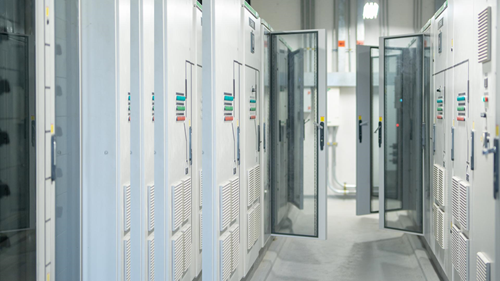Smart-TVs: Samsung has to improve data protection provisions
On 10 June 2016, the Regional Court of Frankfurt ordered Samsung to reform its data protection regulations. The Court stated that users are not informed well enough about the collection of data and the general terms and conditions do not meet the legislative requirements for a valid consent.
The NRW Consumer Organisation has taken legal action against Samsung. Samsung is accused of collecting data without consent. Samsung may have access to users’ IP addresses when turning on the TV before it is even possible for the consumers to consent. The Court only partially granted the claim of the Consumers’ Office.
The Court had to decide if the defendant has to inform users of a data collection in accordance with Sec. 13 Abs. 1 TMG (German Telemedia Act). For being a responsible body, the German subsidiary must be a service provider within the meaning of the provisions.
When connecting to HbbTV (Hybrid Broadcast Broadband TV, users can see the TV program as well as use interactive contents) that is pre-installed on most devices, data is only exchanged between the user and the HbbTV provider, therefore, Samsung is not the responsible authority who has a duty to inform users of data collection. Although, the court notes that when turning on the TV, there is a data transfer of personal data at least regarding the saving of IP addresses on a Samsung server (the question whether dynamic IP addresses qualify as personal data was not decided by the court as there are at least some consumers who are using static IP addresses). However, the court considers that it has not been demonstrated that the German subsidiary of Samsung is the service provider within the meaning of Sec. 13 I TMG. The NRW Consumer Organisation has not presented sufficient evidence that it is not the parent company who operates the server. As long as there is just the possibility for the German subsidiary to access the data and there is no data transfer, it is not proven that it meets the requirements of the law.
The Court determined, however, that the German subsidiary still has the duty to inform the users of the parent company possibly collecting data and the risks of data transmission to HbbTV providers when using a Smart-TV. The court granted the claim under Sec. 5a II, VII UWG, 13 I TMG as a “minus” in accordance to Sec. 308 ZPO. Therefore, Samsung has to point out the possibility of data collection when using a Smart TV. This is necessary for the consumers for the purpose of making an informed decision. Consumers must have the opportunity to see whether the device has good data protection standard.
Additionally, the Court criticized the data protection provisions within the general terms and conditions. Users cannot take notice of the clauses in a reasonable way. The terms and conditions were qualified to be unclear and not transparent, as they are written in a continuous text and individual terms cannot be reached or found without having to scroll through the entire document. Moreover, the Court forbid Samsung to use particular clauses in the general terms and conditions.
The decision is not yet legally binding, i.e. both parties can appeal. Data protection advocates welcome the ruling that is supposed to enhance transparency and consumers protection. It still has to be determined if collection of data by Smart TV manufacturers, in this case Samsung Korea, is legal prior to users consent.
Well
informed
Subscribe to our newsletter now to stay up to date on the latest developments.
Subscribe now









